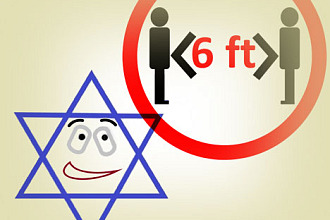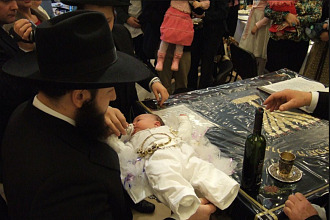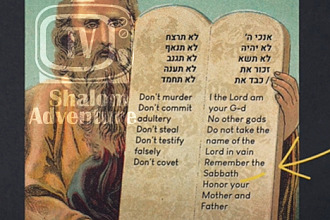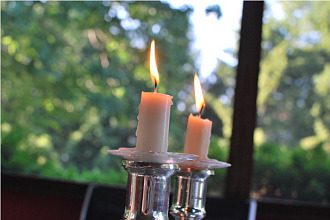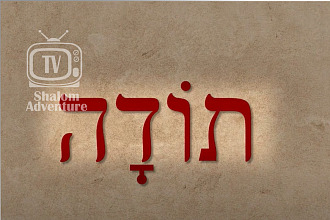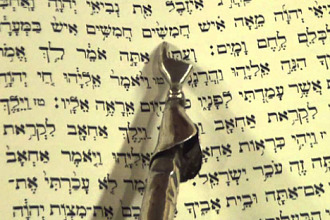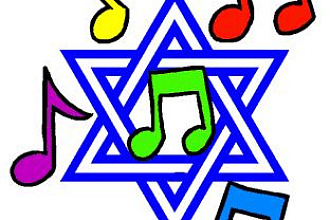In the Torah it says “Listen, Israel: Yahweh is our Elohim. Yahweh is the only God. Love Yahweh your Elohim with all your heart, with all your soul, and with all your strength. Take to heart these words that I give you today. Repeat them to your children. Talk about them when you’re at home or away, when you lie down or get up. Write them down, and tie them around your wrist, and wear them as headbands as a reminder. Write them on the doorframes of your houses and on your gates.” Deuteronomy 6:4-9
The placement of the mezuzah on the doors of houses is one of the various applications of this passage people make to help keep the law of God in mind. But even when placing the mezuzah on the door people may do so differently. Not all mezuzahs look the same, for example, and not everyone may view or interact with them exactly the same either. But it is still an important custom for many people. One might do well to question why the Torah said it should be on the doorframe. I am not going to claim I know all of the reasons in God’s mind but one thing that comes to mine is how easy it is to leave the values we learn at a certain location behind when we go somewhere else.
It may be easy to remember the Torah at Temple service when you are surrounded by others that profess faith in the same things, but once we get home it can be very easy to get slack in our faith and act like we forgot all about the principles we were listening to only moments before. Perhaps the laws were to be placed on the doors to keep us from leaving the principles of God’s laws behind as we go about our daily tasks. I’ve found it is very common for people to compartmentalize their faith. Some may make a high profession of caring about the laws of God in some spheres of their life but not take those principles with them in every area of life.
And I am not just talking about when someone is leaving one literal space to go into another where there are different social pressures. Emotionally we can purposely avoid recalling the law of God because of the pressures of our own selfishness even when external factors are trying to tell us to do better. Don’t just see the law of God and ignore it in how you walk through life, internalize it. If you don’t, and practice ignoring God’s law whenever you see it, you can easily become more hardened and indifferent to the law than if you had never seen it or felt conviction in the first place.

